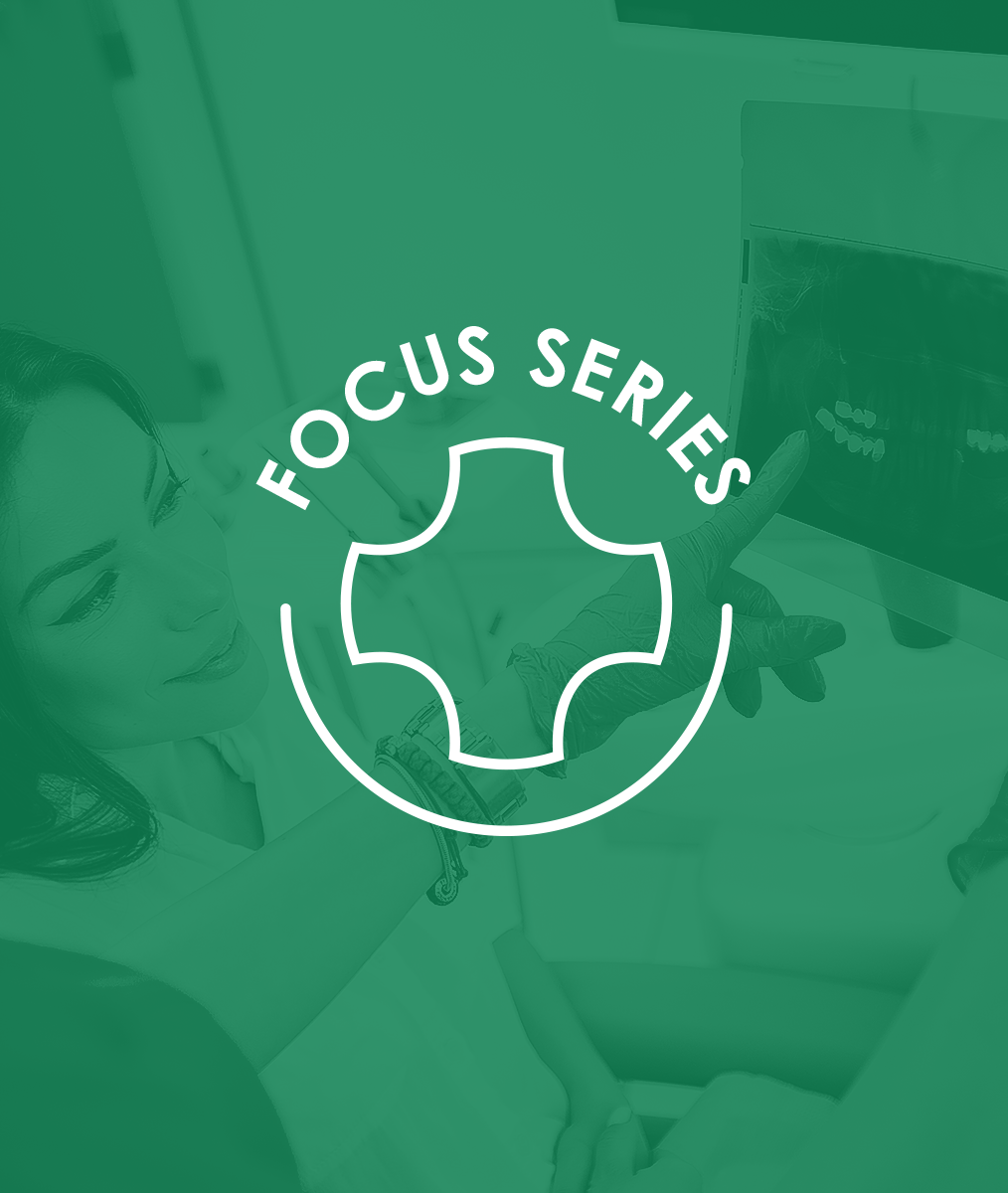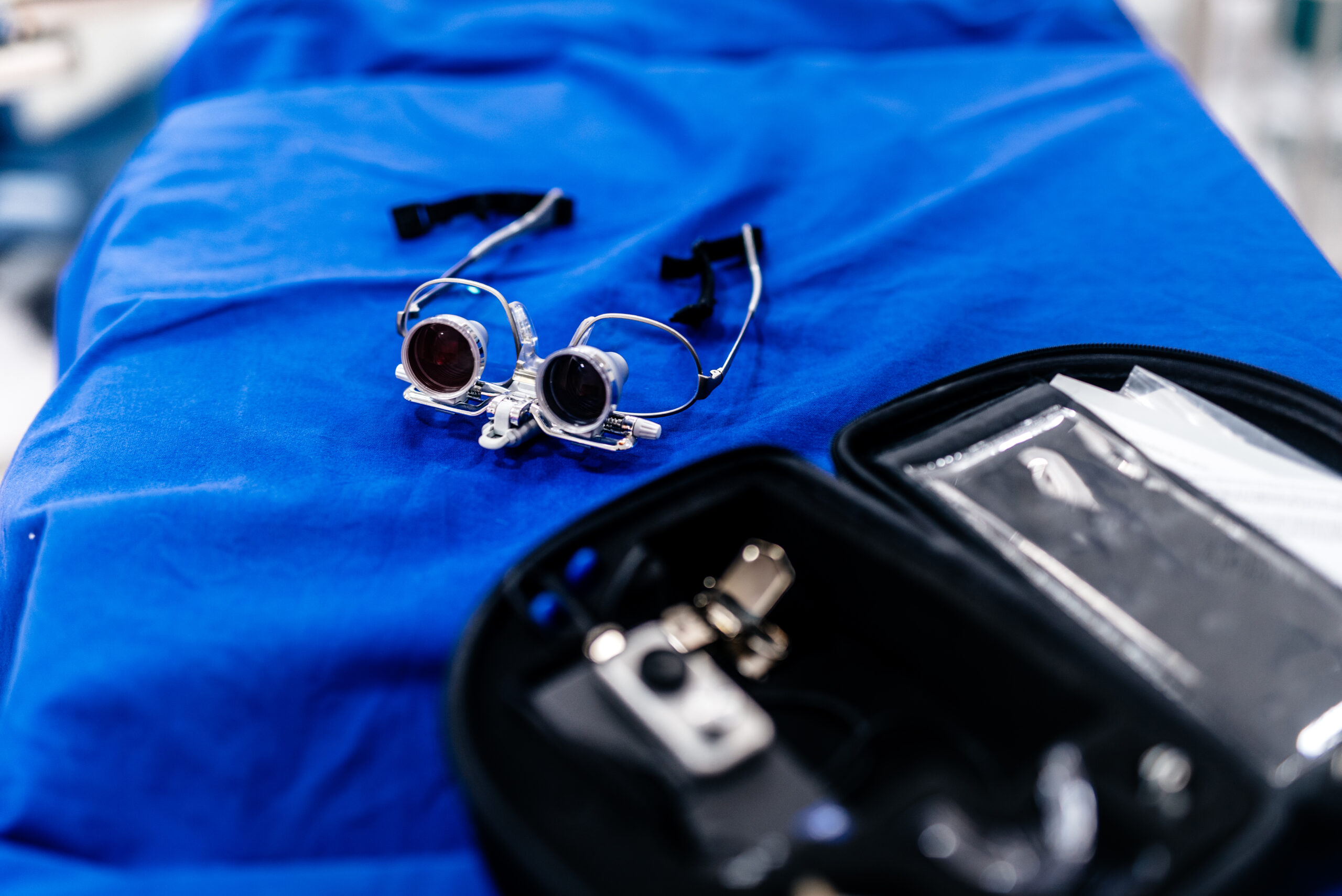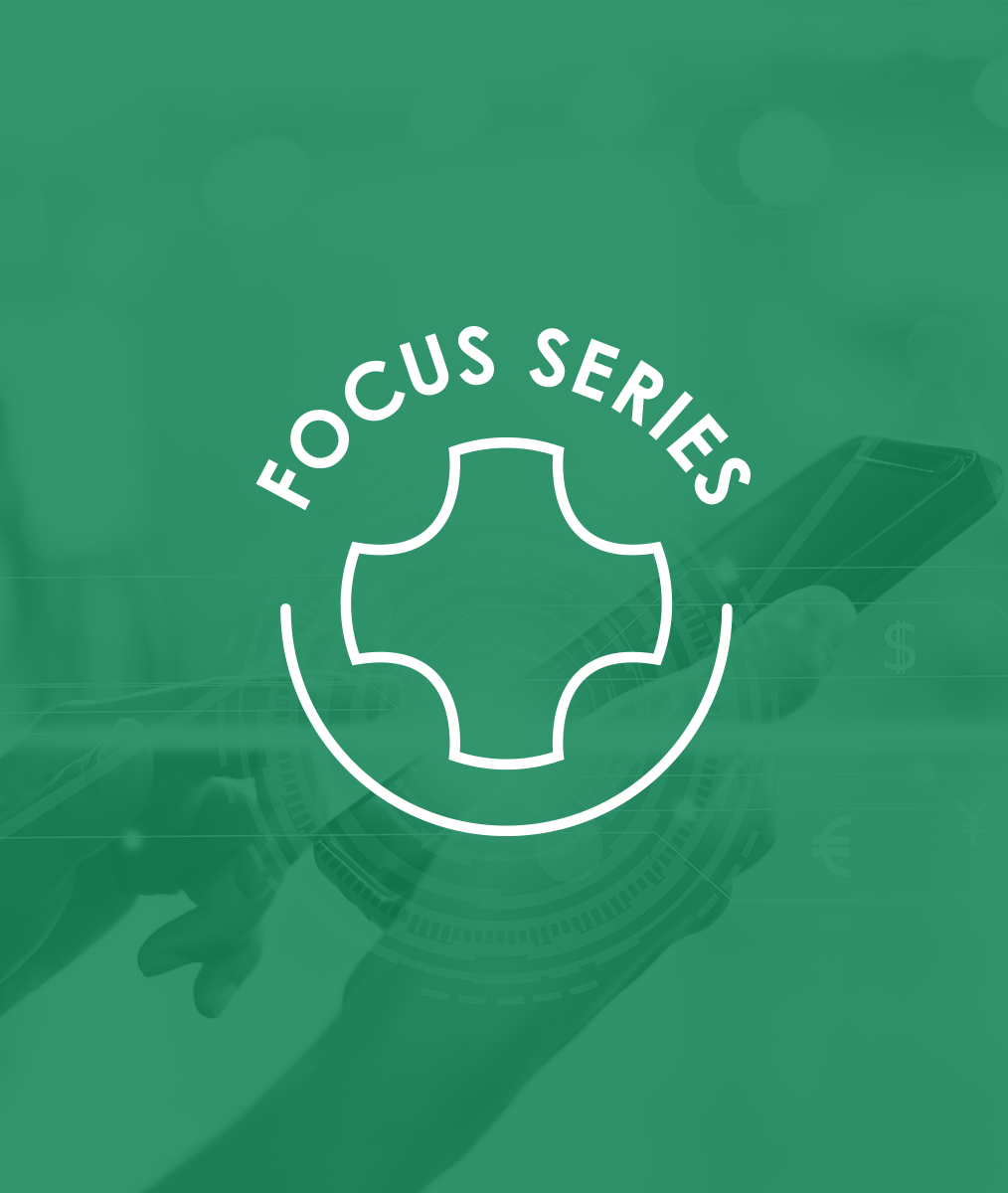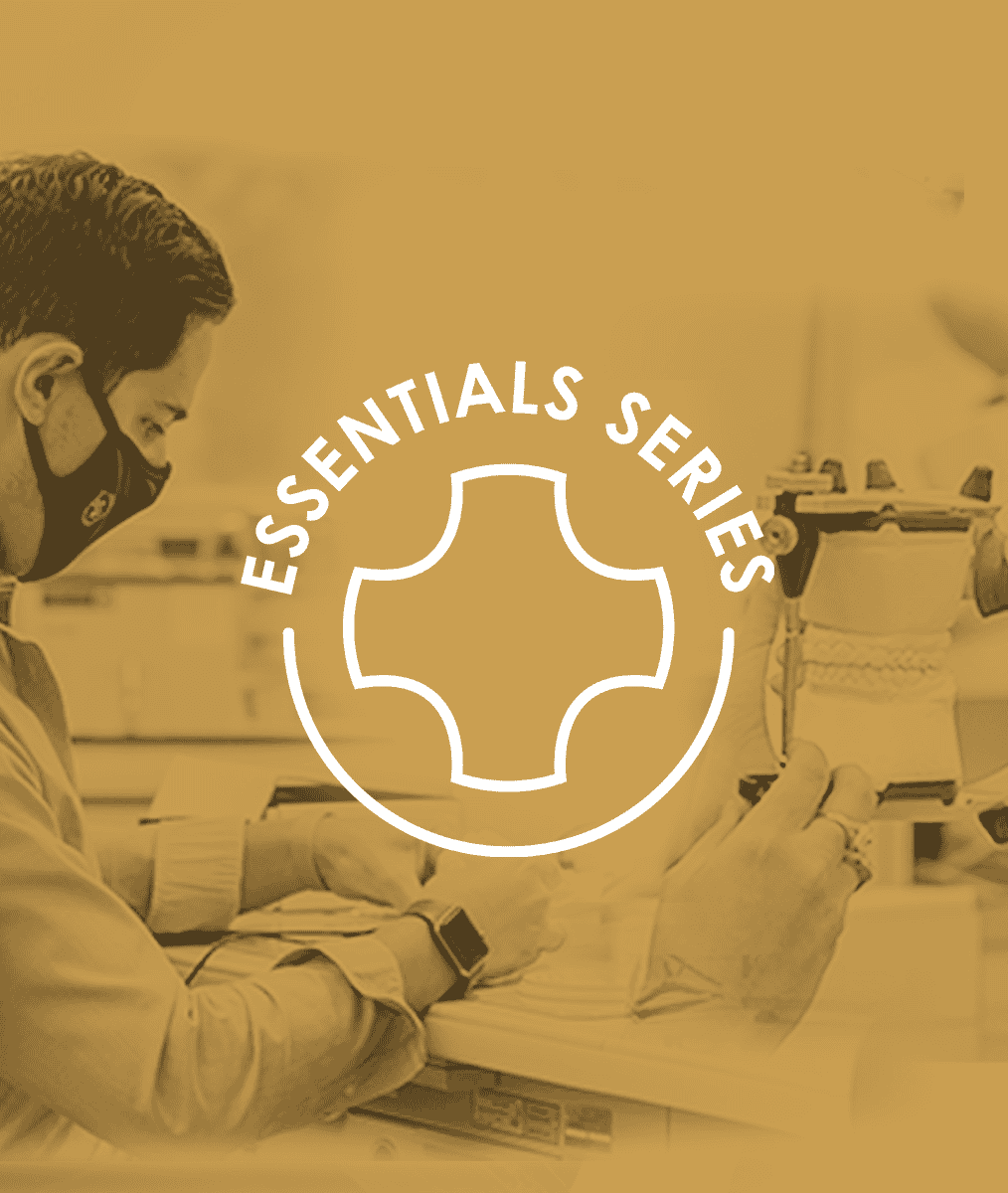On Providing a Fix vs an Experience: Part 1
What makes dental care a valued investment versus a fix patients choose begrudgingly?
One morning I had an automobile breakdown in my “beater” weekend truck. We have all been there – filled with the inconvenience and anxiety of dealing with a problem that came up unexpectedly. I was hoping to find a place that could get me home that day.
I googled around until I found a reasonable looking repair shop close to the breakdown. They worked me into their schedule so I could get the old truck back on the road. It was pleasing to have the problem fixed, at least for that day, but I measured this against how I have experienced service at the shop that takes care of my daily driver car.
Dental Service Emergency vs Dental Relationship
There were many aspects of the breakdown with my old pickup truck that reminded me of a dental emergency. I found someone convenient and they had the best intentions to provide a fix.
It was a shop I didn’t have a relationship with. They were kind and helpful, but there were so many things missing that would have been unlikely to happen if I treated my old truck like I do the car I have been so much more diligent in taking care of.
The shop focused on the problem that was presented to them, not looking beyond a simple fix to get me back on the road. While I was appreciative, it is very unlikely that the next problem (or even the true cause of this one) was looked for. I did not leave with any feeling that I wouldn’t be in a similar situation as soon as the next problem arose.
I reflected on the years I have spent with the auto shop that takes care of my primary car. I have a valued relationship with them. They know me and know that I appreciate them taking the best care of the investment I have in the vehicle I drive every day.
When I take my car to an appointment, they look over everything. They tell me when to expect maintenance and repairs in the near future and throughout the life of the vehicle. I trust them and know that they have my best interest in mind. In return, I am very appreciative, expressing gratitude when I write them a check for their services. I have never broken down in the cars they take care of for me.
To be continued …
Related Course
Compromise to Co-Discovery: A Treatment Planning Journey
DATE: October 21 2025 @ 8:00 am - October 23 2025 @ 1:00 pmLocation: Online
CE HOURS: 21
Regular Tuition: $ 2995
Single Occupancy with Ensuite Private Bath (per night): $ 345
The Balance of Communication, Case Planning & Occlusion Dr. Melkers always brings a unique perspective to his workshops and challenges us to the way we think. At Compromise to Co-Discovery,…
Learn More>





















